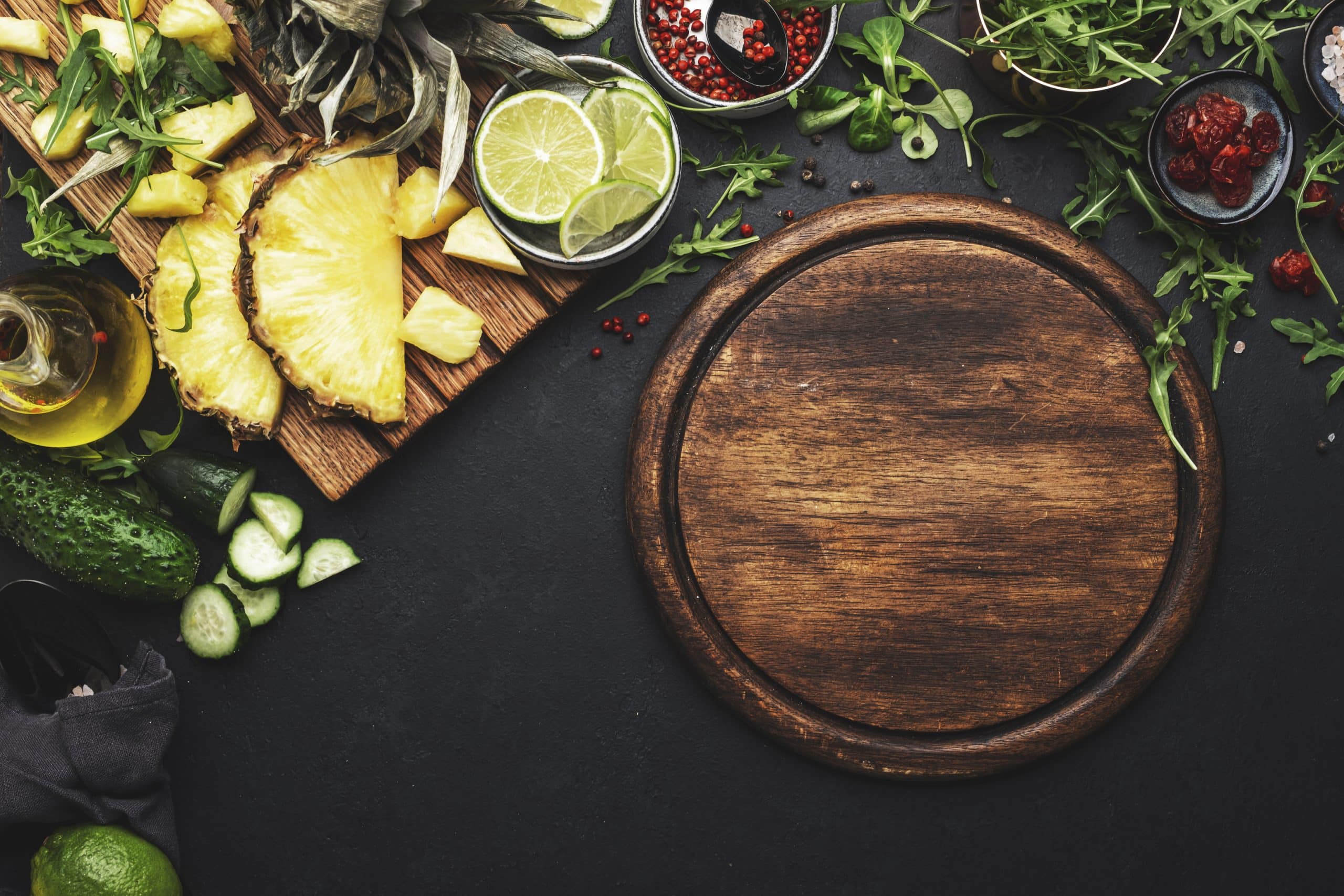Adolescent female gymnasts represent a unique population in sport. Their dynamic and demanding sport activity necessitates a high-energy intake to sustain the rigorous physical exertion and to optimize their performance. The sport of gymnastics requires a blend of strength, agility, endurance, and flexibility, and to accomplish this, gymnasts need to fuel their bodies in a specific way. In this article, we delve deeper into the nutritional needs of adolescent female gymnasts, focusing on the importance of protein, fat, and dietary intake for their health and performance.
The Importance of Protein in a Gymnast’s Diet
Protein is a crucial component of every athlete’s diet, but it is of particular importance for gymnasts. Gymnastics is a power-based sport, and protein is vital for muscle repair and growth. The sport involves high-intensity, short-duration bouts of activity, which require gymnasts to have strong and healthy muscles.
A découvrir également : What’s the Impact of Custom Orthotics on Injury Prevention in Long-Distance Runners?
Studies have shown that adolescent female gymnasts should consume about 1.2 to 1.7 grams of protein per kilogram of body weight each day. This intake is higher than what’s recommended for their non-athlete peers because of the increased demands on their muscles. They should aim for a balanced intake of protein throughout the day, including at breakfast, which is often a missed opportunity for adding a significant amount of protein.
Sources of protein like lean meats, seafood, eggs, legumes, and dairy products should be included in their diet. Plant-based proteins, such as beans, peas, and lentils, are also excellent choices for gymnasts who follow vegetarian or vegan diets.
A découvrir également : What Are the Techniques to Maximize Explosive Power in Collegiate Shot Put Athletes?
The Role of Fat in a Gymnast’s Nutrition
Fat often gets a bad reputation in sports nutrition, but it plays a vital role in an athlete’s health and performance. Despite being energy-dense, fat is a primary energy source for endurance and can be critical for gymnasts during long training sessions.
Contrary to popular belief, not all fats are detrimental to health. Unsaturated fats, for example, have multiple health benefits and can aid in reducing inflammation, improving heart health, and providing long-lasting energy. Foods high in these healthy fats—like nuts, avocados, fish, and olive oil—should be an integral part of a gymnast’s diet.
While it’s essential to include fats in a gymnast’s diet, it’s equally crucial to monitor the type and quantity of fat consumed. Excessive intake of saturated and trans fats can lead to health issues like high cholesterol and heart disease. For adolescent female gymnasts, the recommended daily intake of fat should be about 20-35% of their total calories.
Dietary Intake: A Balance of Macronutrients
The dietary intake of adolescent female gymnasts should not only be high in energy but also well-balanced. The three macronutrients—carbohydrates, proteins, and fats—should all be included in the right proportions in a gymnast’s diet.
Carbohydrates are a primary source of energy for athletes and should form about 50-60% of a gymnast’s daily caloric intake. Consuming the right quantity of carbohydrates ensures that gymnasts have enough energy to perform their routines and exercises.
Protein, as already discussed, is critical for muscle repair and growth. The remaining calories should come from fats, which provide a sustained energy source for longer training sessions.
It’s also important to remember that each gymnast will have unique nutritional needs, depending on their age, weight, height, and training schedule. Therefore, it’s advisable to consult with a registered dietitian or sports nutritionist to develop a personalized eating plan.
The Impact of Nutrition on a Gymnast’s Performance
There’s a clear correlation between an athlete’s diet and their performance in sport. Nutrition plays a significant role in a gymnast’s strength, stamina, agility, and overall performance. An inadequate or imbalanced diet can lead to fatigue, decreased concentration, impaired muscle growth, and recovery, eventually affecting the gymnast’s performance.
A study involving adolescent female gymnasts found that those with an optimal dietary intake demonstrated improved performance and faster recovery times compared to those with inadequate or imbalanced diets. The study also noted that proper nutrition positively impacted the gymnasts’ mental preparedness, allowing them to focus better during their routines.
To enhance performance, gymnasts should consume a high-energy, well-balanced diet, stay well-hydrated, and ensure they’re getting sufficient rest. Pre and post-workout nutrition is also critical in fueling workouts and promoting recovery.
Enhancing Health and Well-being Through Nutrition
Nutrition goes beyond enhancing performance—it’s also about promoting overall health and well-being. As adolescents, female gymnasts are still growing and developing, and their nutritional needs are higher than their non-athlete peers. Adequate intake of vitamins and minerals is necessary to support normal growth and development.
In addition to macronutrients, the diet should contain ample amounts of calcium and vitamin D to support bone health, iron to prevent anemia, and antioxidants to boost the immune system. A varied and balanced diet, rich in fruits, vegetables, whole grains, lean proteins, and healthy fats, will provide these nutrients.
With the correct dietary intake, adolescent female gymnasts can excel in their sport while also maintaining optimal health and supporting their growth and development. As always, it’s crucial for these athletes to seek guidance from a registered dietitian or sports nutritionist to ensure they’re meeting their specific nutritional needs.
Remember, nutrition is not a one-size-fits-all approach, especially in the world of gymnastics, where the demands on the body are high. Every gymnast is unique, and their dietary approach should be personalized to meet their individual needs and goals. And above all, it’s crucial to remember that a balanced diet should be sustainable and enjoyable, contributing to a holistic approach to health, well-being, and sport performance.
The Relationship Between Nutritional Status and Body Composition in Gymnasts
In artistic and rhythmic gymnastics, body composition has a direct impact on performance. Research indicates that gymnasts with an optimal body composition tend to perform better in their sport. This underscores the significance of having an accurate understanding of a gymnast’s dietary intake and energy availability.
Research published in Sports Med and available on Google Scholar and CrossRef PubMed highlights the connection between the nutritional status and body composition of elite-level adolescent female gymnasts. The study found that female athletes who adhered to a diet rich in essential nutrients had a healthier body composition, which positively influenced their performance.
Conversely, low energy intake can lead to a higher risk of injury and can negatively impact a gymnast’s performance and overall health. Female gymnasts are at risk of Low Energy Availability (LEA), a condition characterized by insufficient caloric intake relative to the energy expended during intense training. LEA can lead to disruptions in hormonal function, bone health, and menstrual regularity.
Consequently, it’s essential to ensure that adolescent female gymnasts consume enough energy to meet their needs. The energy intake should be proportional to their body weight and the intensity of their training. Moreover, the quality of the energy source matters as well. A diet rich in complex carbohydrates, lean proteins, and healthy fats provides a more efficient energy source than one high in processed foods and sugars.
Conclusion: The Role of Personalized Nutrition in Enhancing the Performance and Health of Adolescent Female Gymnasts
The world of gymnastics is as demanding as it is rewarding. For adolescent female gymnasts to excel at the elite level, they need to adhere to a comprehensive and personalized nutrition plan that meets their specific nutritional needs. This not only enhances their performance but also supports their overall health and well-being.
A gymnast’s diet should consist of a balanced intake of macronutrients—carbohydrates, proteins, and fats. It should also include essential vitamins and minerals like calcium and vitamin D for bone health, iron to prevent anemia, and antioxidants for a robust immune system. Furthermore, considering the high energy demands of gymnastics, the energy intake should be adequate and in line with the gymnast’s body weight and training intensity.
Effective nutrition should also focus on the quality of the food consumed. A diet rich in whole foods like fruits, vegetables, lean meats, and healthy fats is preferable to one high in processed foods and sugars. Such a diet provides a more efficient energy source, supports muscle repair and growth, and promotes overall health.
Lastly, because every gymnast is unique, it’s crucial to tailor the dietary plan to their individual needs and goals. A registered dietitian or sports nutritionist can provide an in-depth assessment and expert guidance in this regard.
In summary, nutrition is a critical aspect of a gymnast’s training regime. It enhances performance, supports growth and development, and promotes overall health. By adopting a holistic and personalized approach to nutrition, adolescent female gymnasts can reach their full potential, both in the gym and in life.











